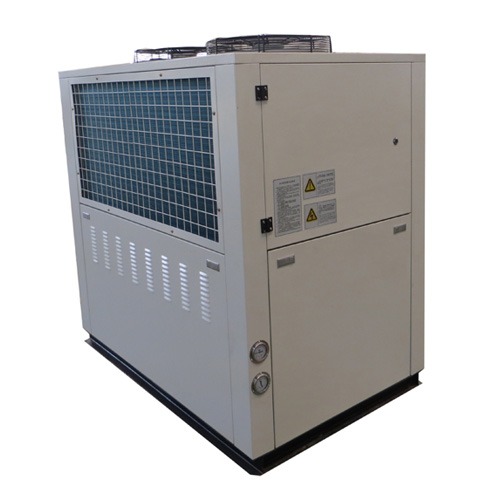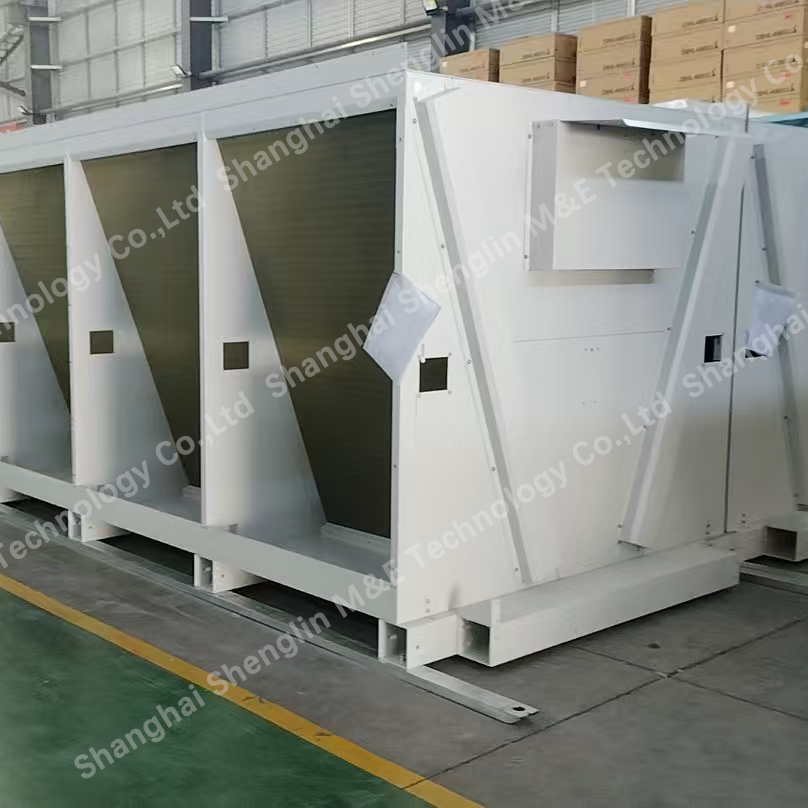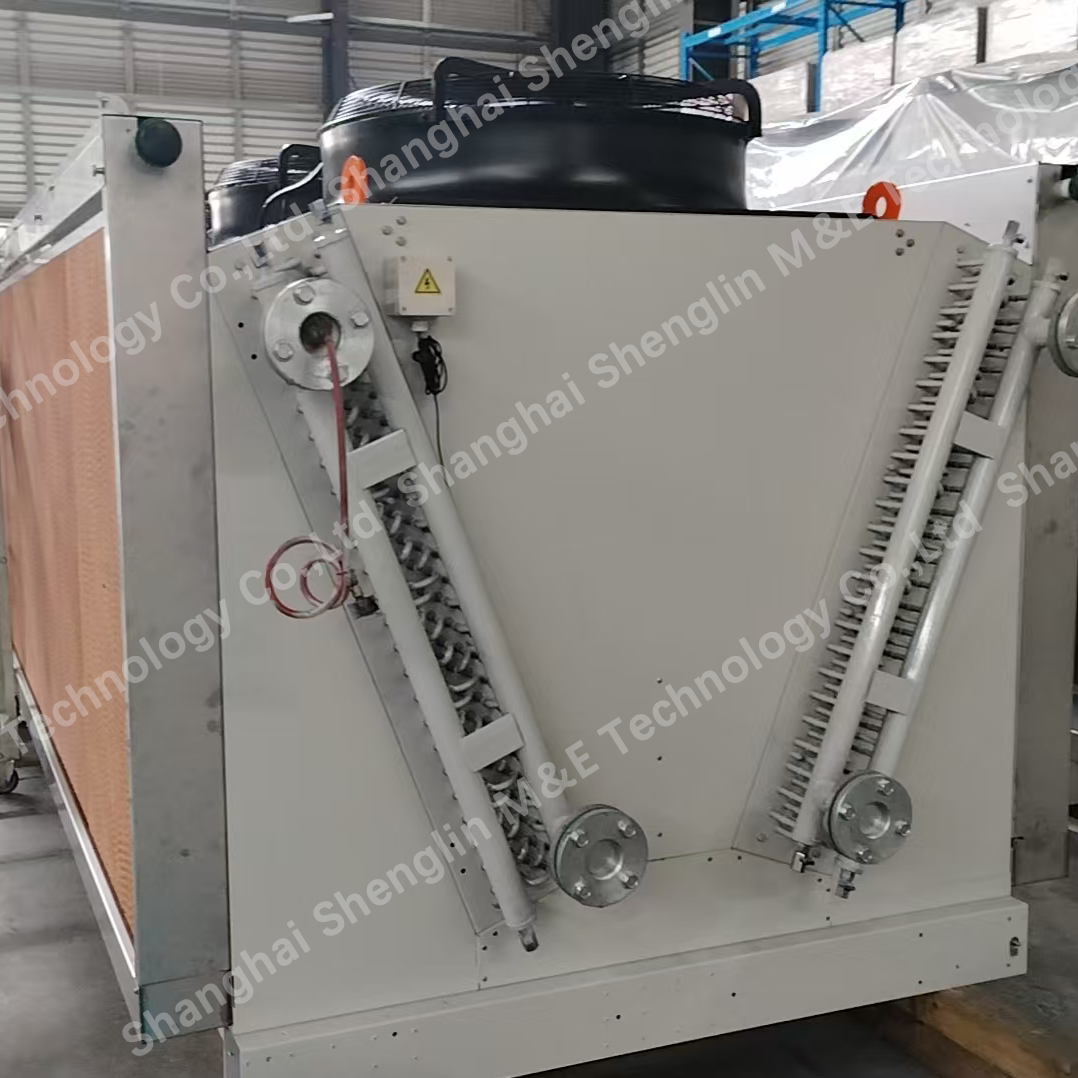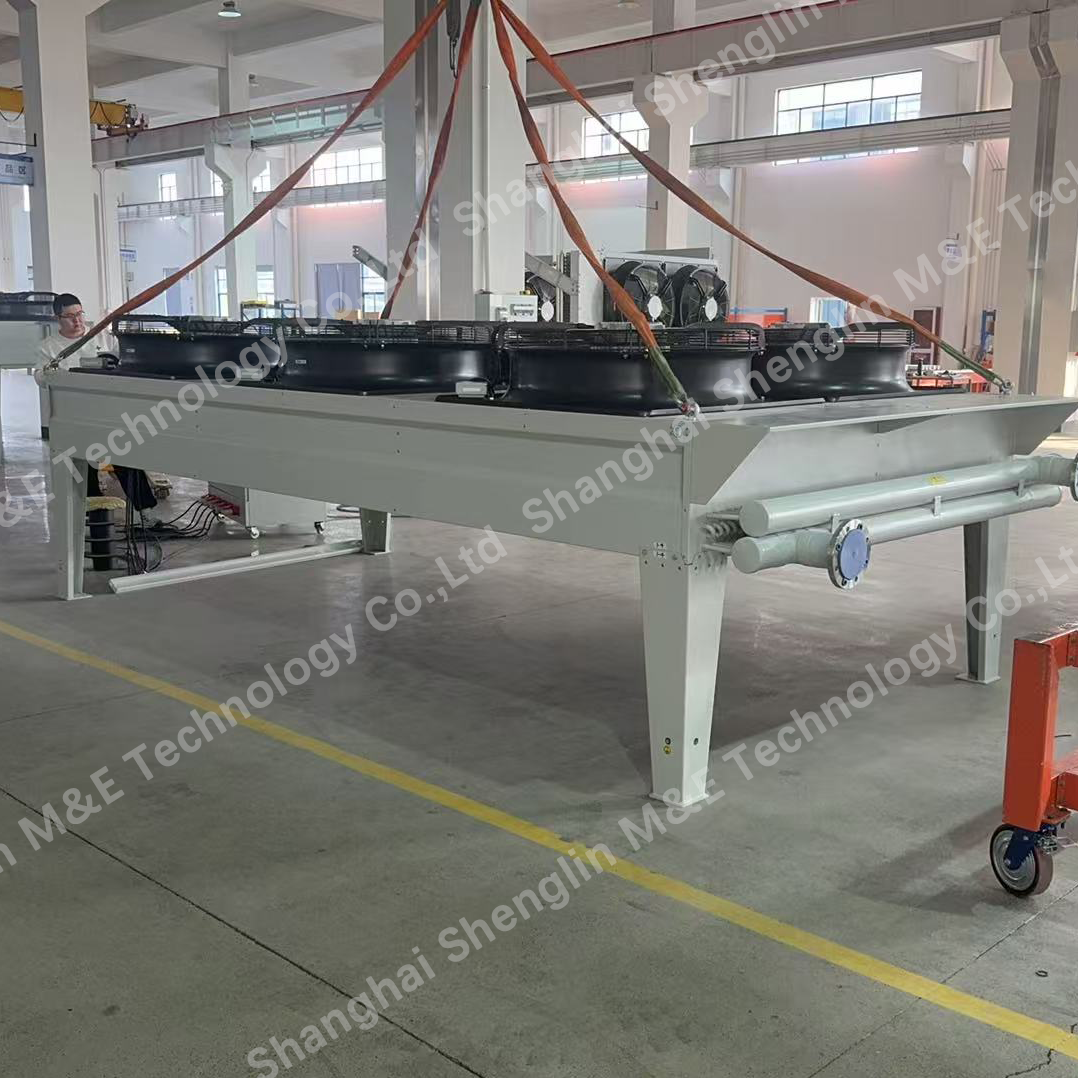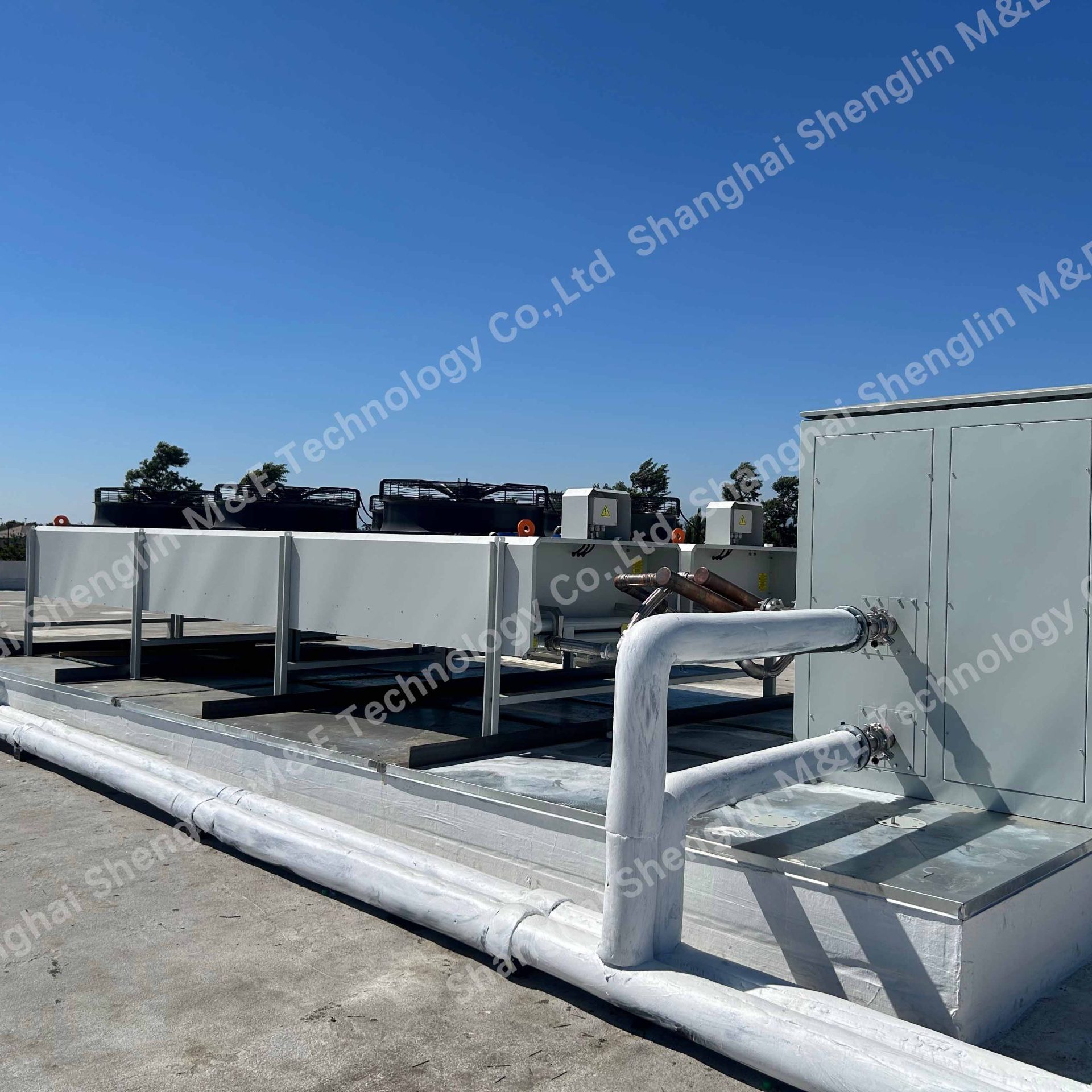Understanding and Choosing the Right Radiator Genset
This article provides a comprehensive guide to radiator genset systems, covering their components, applications, selection criteria, and maintenance. Learn how to choose the best radiator genset for your specific needs and ensure optimal performance and longevity.
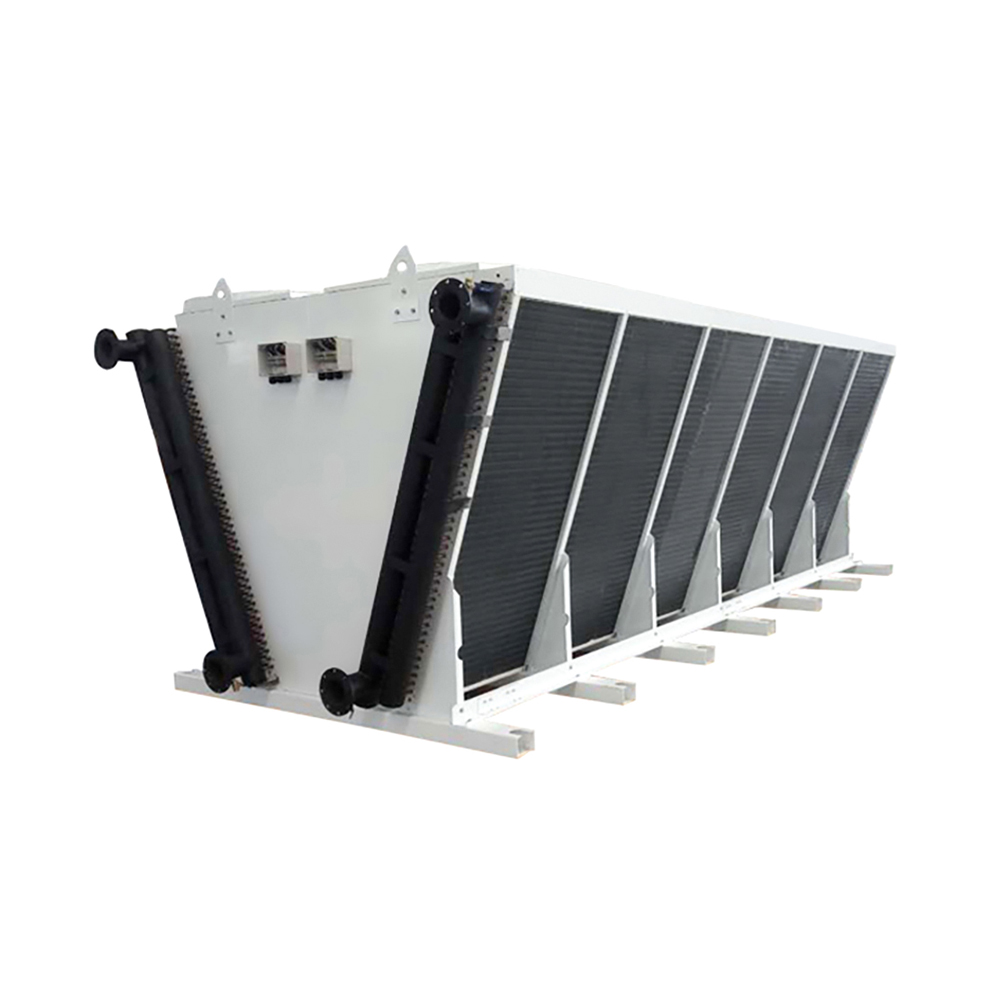
What is a Radiator Genset?
A radiator genset, also known as a generator set with a radiator cooling system, is a power generation system that uses a radiator to dissipate heat generated by the engine. Unlike air-cooled gensets, radiator gensets offer superior cooling efficiency, allowing for higher power output and continuous operation. This makes them ideal for applications requiring consistent power supply.
Components of a Radiator Genset
A typical radiator genset comprises several key components:
Engine
The engine is the heart of the radiator genset, responsible for converting fuel into mechanical energy. The engine’s size and type determine the genset’s power output and fuel efficiency. Common engine types include diesel and gasoline engines, with diesel engines often preferred for their durability and fuel efficiency in demanding applications.
Alternator
The alternator converts the mechanical energy produced by the engine into electrical energy. The alternator’s specifications, such as voltage and frequency, must match the requirements of the connected load. Higher-quality alternators typically offer better voltage regulation and longer lifespan.
Radiator and Cooling System
The radiator is the critical component distinguishing a radiator genset from an air-cooled one. It uses a liquid coolant (typically water or antifreeze) to absorb heat from the engine and dissipate it into the surrounding air. An efficient cooling system is crucial for preventing engine overheating and ensuring reliable operation, particularly during prolonged use under heavy load. The cooling system also includes a water pump, thermostat, and expansion tank.
Control Panel
The control panel provides monitoring and control over the radiator genset‘s operation. Features typically include start/stop buttons, voltage and current meters, and warning indicators. Advanced control panels may incorporate automatic start/stop capabilities and remote monitoring features.
Fuel Tank
The fuel tank stores the fuel required to power the engine. The size of the fuel tank determines the genset’s runtime before refueling is necessary. Choosing the right fuel tank size depends on the anticipated usage and desired runtime.
Choosing the Right Radiator Genset
Selecting the appropriate radiator genset depends on several factors:
Power Requirements
Determine the total power required by your connected loads. Ensure the genset’s power output exceeds this requirement to account for peak loads and future expansion.
Application
Consider the application environment. For demanding applications or continuous operation, a high-quality, robust radiator genset with superior cooling is essential. The operating environment (e.g., indoor, outdoor, harsh climate) may also influence the choice of genset and its enclosure.
Budget
Gensets range widely in price depending on their power output, features, and brand. Set a realistic budget and compare different models based on your specific needs and financial constraints.
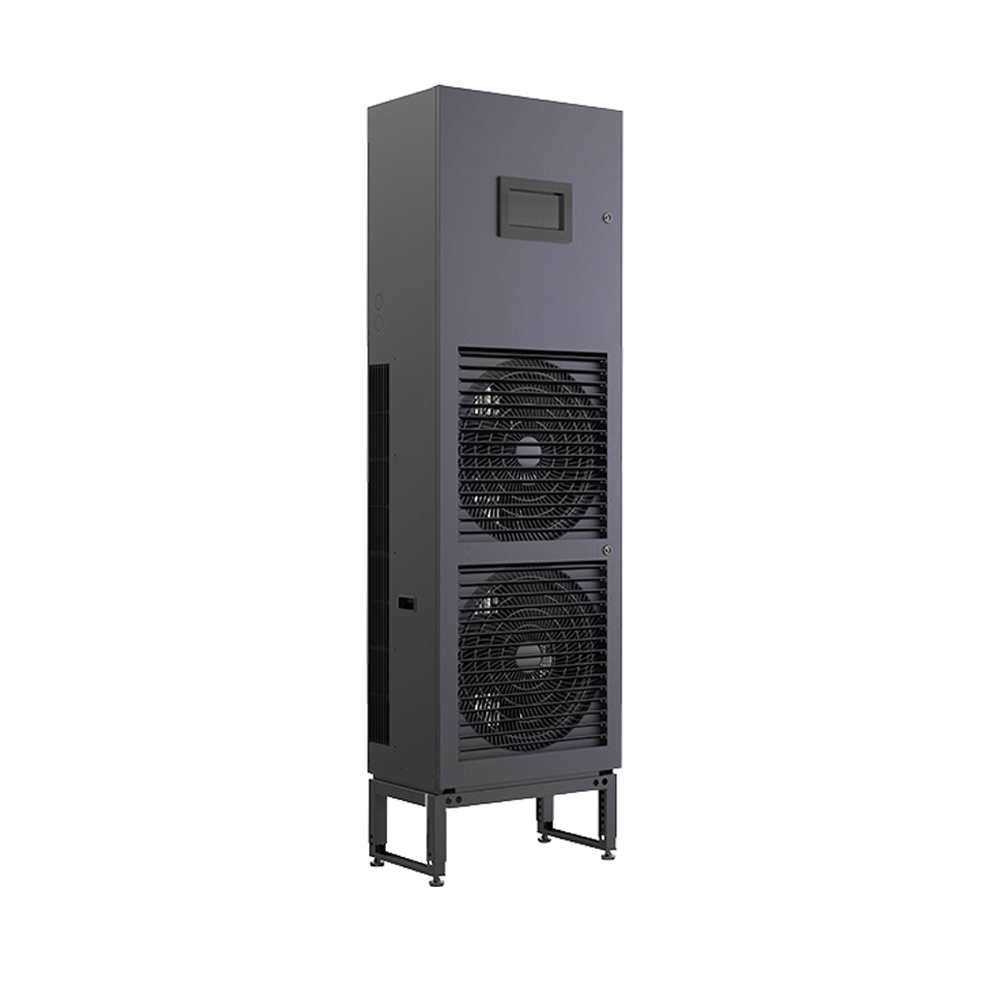
Maintenance and Service
Regular maintenance is crucial for extending the lifespan and ensuring optimal performance of your radiator genset. This includes regular oil changes, coolant flushes, and inspections of all components. Refer to the manufacturer’s recommendations for a detailed maintenance schedule.
Finding a Reliable Supplier
For high-quality radiator gensets and expert advice, consider contacting a reputable supplier such as Shanghai SHENGLIN M&E Technology Co.,Ltd. They offer a wide range of options to meet various needs. Ensure to check their reputation and customer reviews before making a purchase.
| Feature |
Air-Cooled Genset |
Radiator-Cooled Genset |
| Cooling Efficiency |
Lower |
Higher |
| Power Output |
Typically lower |
Typically higher |
| Continuous Operation |
Limited |
Better suited |
| Maintenance |
Less complex |
Slightly more complex |
Remember to always consult with a qualified professional for advice on choosing and installing a radiator genset.











